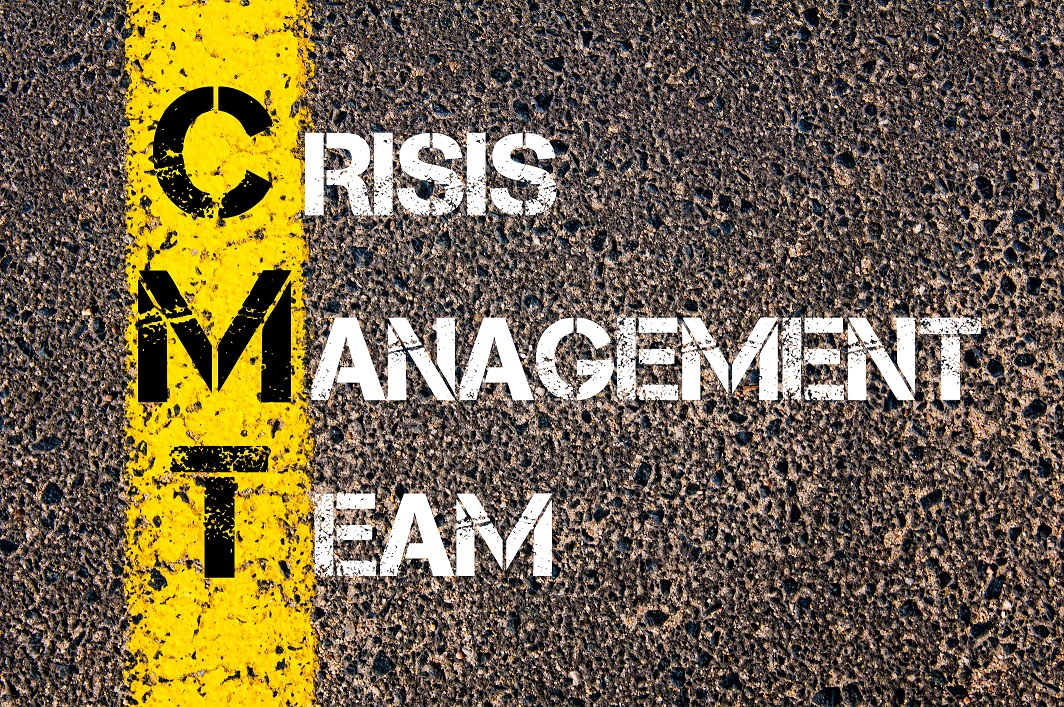How prepared is your crisis team?
Practice makes perfect
The question is not ‘if’ but ‘when’ your company will be faced with a crisis. Reality shows us that every food company – sooner or later – will face a crisis. At that moment it is crucial to have procedures, a trained Crisis Management Team and communication tools in place. The secret of successful crisis management lies mainly in preparation. How can we help you?
We simulate a crisis for averagely 15 companies on an annual basis. Some participate every year to perfect procedures, to keep employees on their toes, to see progress and to stay trained as a crisis team.
One of these 15 companies recently participated for the sixth year in a row.
Over the years, the simulations have covered a wide range of topics: food safety or food defense incidents, environmental incidents, social incidents, disasters, cyber incidents,…
Every year the key elements are being discussed: dealing with sensitive calls by first-line employees, crisis team organisation, situation analysis, deciding on strategic actions, both internal and external crisis communication,…
We have noticed a remarkable evolution over the years: in the beginning we focused on the basics of crisis management, but this evolved into more complex scenarios with local and corporate crisis teams, sensitive issues, ethical discussions and so on.
From theory to practice
Next, training should be provided so that different target groups can follow the procedures. Ultimately, a crisis exercise or practical experience is to test your company's crisis management system. By immersing employees in realistic situations, they develop the right reflexes and learn to take the right actions.
Crises are not only product-related
While a product incident is the biggest risk for a food company, it is not the only potential crisis. Broaden the knowledge and experience of your crisis team by regularly simulating other crises (e.g. a fire or an explosion, a serious workplace accident, an intentional contamination or even a cyber attack).
Shaping the crisis management system in your company by giving feedback on existing procedures, by sharing a crisis manual and other useful tools and by reflecting on your system.
Training the crisis management team members, their backups and employees on key positions of this crisis management system (this can also be done digitally).
Organising a simulation exercise for your company (live, remote or both). By repeating this at least once a year, the crisis team becomes routinised. This will be worth your while when crisis strikes.
Learning points

How is your company’s Food Defense?
Securing your residence is a given, but securing the workplace comes less naturally. Our practical experience at food companies confirms this.

First aid for consumer complaints
When receiving a sensitive consumer complaint, a swift response is key. Proper complaint management directly affects consumer confidence in your brand and products.

Guest article: Ransomware and the brewing process
A cyber crisis has long been a distant concern for many companies. Today, cybersecurity should be one of their top priorities. Every company is vulnerable, whether multinational...






